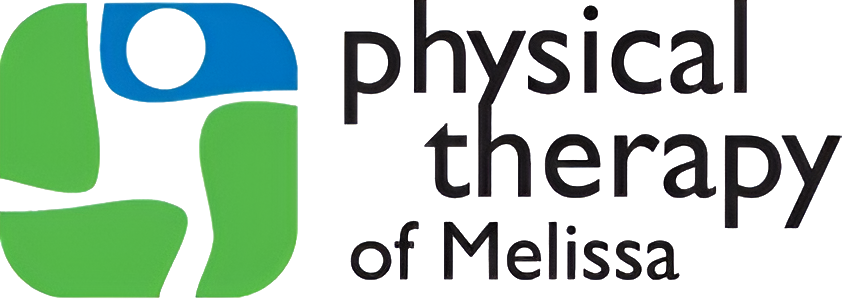
Living with Painful Joints? PT Can Help in These 4 Ways
Arthritis is a common joint pain problem that can affect people of all ages. While there is no cure for arthritis, with physical therapy, you can learn how to manage your arthritis pain naturally.
For many people with chronic arthritis pain, prescription pain medications may seem like the only way to relieve pain.
However, our experienced physical therapist recommends completing a variety of targeted exercises to reduce inflammation, increase mobility, and relieve your arthritis pain. Keep reading to learn more!
How can physical therapy help relieve joint pain?
If you have arthritis pain, our physical therapist recommends completing a few different physical therapy exercises to help ease your pain and other symptoms, such as stiffness.
Some of our favorite exercises are:
- Hand Exercises — Rheumatoid arthritis can often result in limited use of the hands over time. By bending the wrists up and down, slowly curling your fingers, and spreading your fingers wide in a repetitive exercise cycle, you can greatly improve mobility and relieve chronic pain.
- Water Exercises — This is a great low-impact way to get in your physical therapy exercises and relieve joint pain.
- Walking — Going for a walk is a great way to improve your joint health, boost your overall mood, and help with aerobic conditioning.
- Stretching — This simple exercise helps to improve flexibility, increase your range of motion and reduce stiffness caused by arthritis.
So, why am I experiencing joint pain?
Because there are different types of arthritis, there is no major cause of this type of joint problem.
There are, however, certain risk factors that may increase the likelihood that you may develop arthritis in your lifetime.
Gender
Did you know that women are much more likely to develop rheumatoid arthritis than men? But on the other hand, men are more likely to develop gout.
Age
The risk of developing certain types of arthritis, like osteoarthritis and gout, increases as we age.
Previous Injury
If you’ve injured a joint in the past, you have an increased risk of developing arthritis in the same area later in life.
Weight
When you are carrying excess weight on your body, you are putting increased strain on your joints. People with obesity have a greater chance of developing arthritis, particularly in the knees, hips, and spine.
Family History
Certain types of arthritis can be genetic issues that run within family lines.
If your parents or siblings have a specific type of arthritis, you are much more likely to develop it at some point in your life as well.
How else can joint pain develop?
Can you believe that it’s possible to develop soft tissue pain from doing absolutely nothing? It’s strange, but true. Take for example, this condition called adhesive capsulitis, otherwise known as “frozen shoulder.”
If you’ve had to wear a sling for a while, this is an uncomfortable condition you could end up having that can render your shoulder useless for quite some time.
Osteoarthritis is the most common condition that causes pain and stiffness. This condition can affect anyone at any age, but is most commonly found in older patients due to age-related deterioration of cartilage between bones in the joint. Osteoarthritis isn’t the only one to look out for. Rheumatoid arthritis is another painful, damaging joint condition caused by autoimmune problems.
Do you have any of these symptoms?
For most people with arthritis, joint pain is the most common complaint.
But depending on the type of arthritis an individual has, they may experience a variety of different symptoms, including:
- Chronic pain
- Impaired range of motion
- Stiffness
- Redness
- Swelling
What else should I know about arthritis?
Arthritis is characterized by swelling or tenderness in one or more of the body’s joints. Joint pain and stiffness are the most common complaints of those with arthritis, and these symptoms may actually worsen with age.
While there are many types of arthritis, the two most common types are rheumatoid arthritis and osteoarthritis. With osteoarthritis, the cartilage that covers the ends of the bones in the joint begins to break down, resulting in recurring pain and stiffness.
However, rheumatoid arthritis is a chronic disease that causes the body’s immune system to attack different joints, starting with the actual lining of the joints and breaking them down over time.
Consult with a licensed PT today
Are you interested in learning more about the benefits of physical therapy for arthritis pain?
Please contact our friendly and experienced physical therapist today to learn more, and be sure to schedule an initial consultation.
